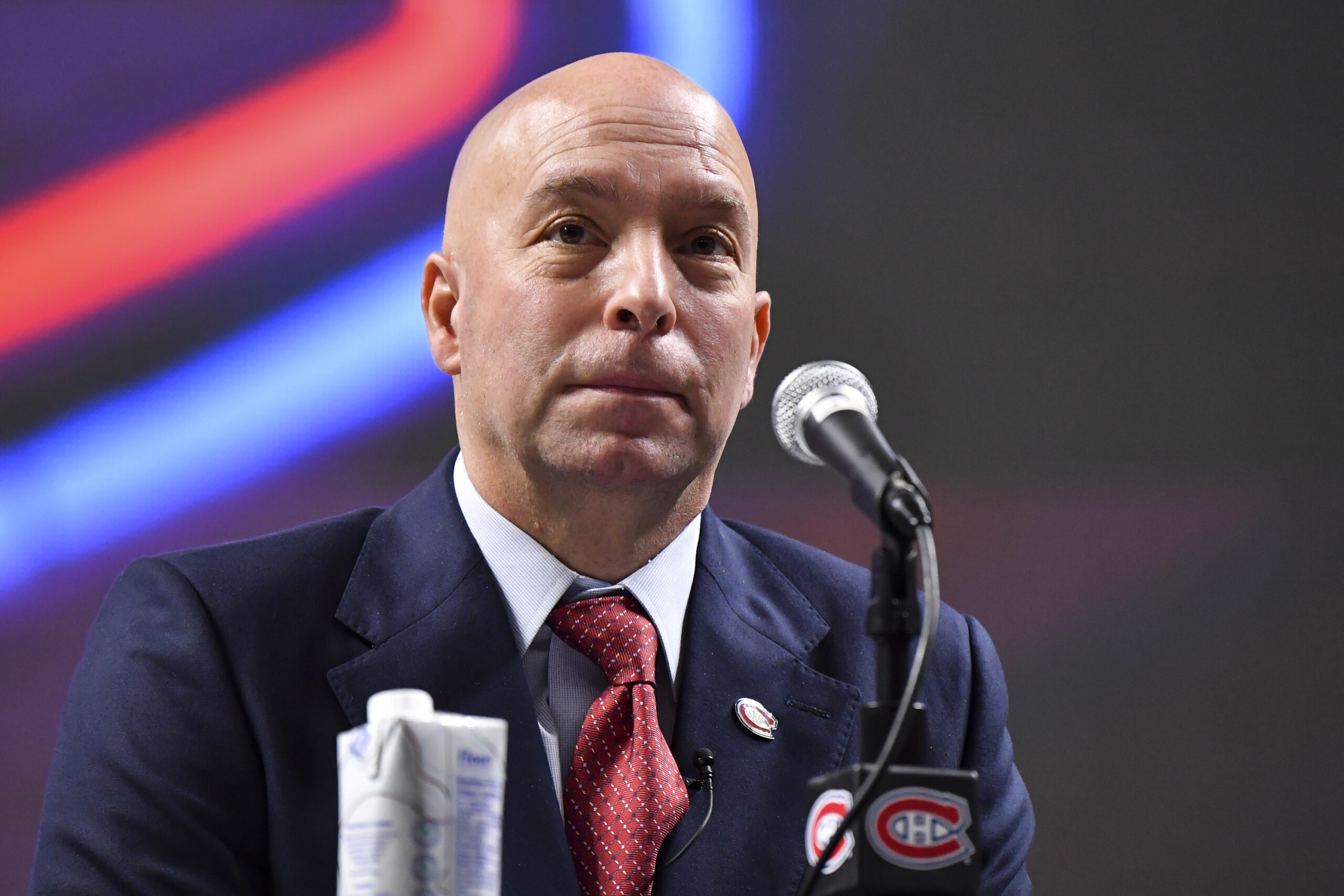

The Montreal Canadiens are strategically positioned to capitalize on the financial constraints some teams face in the NHL due to the salary cap. With a promising young core and ample cap space, the Canadiens can leverage their financial flexibility to acquire valuable assets and accelerate their rebuild.
Several factors contribute to this advantageous situation. First, the NHL salary cap is projected to increase significantly over the next few seasons. The upper limit is set to reach $95.5 million for the 2025-26 season, $104 million in 2026-27, and $113.5 million in 2027-28. This increase provides teams with more spending power, but some teams will still struggle to manage their cap effectively due to existing contracts and player performance bonuses.
As of June 2025, the Canadiens have approximately $6.1 million in cap space for the 2025-26 season. While this figure may seem modest, it's important to consider that several teams are already tight against the cap or even exceeding it due to performance bonus overages. These overages occur when players, particularly those on entry-level contracts, exceed performance expectations and earn bonuses that push the team's total cap hit beyond the limit.
One potential strategy for the Canadiens is to target teams looking to shed salary. Teams facing cap crunches may be willing to trade valuable players for draft picks or prospects to free up cap space. The Canadiens, with their deep prospect pool and multiple draft picks in the upcoming 2025 NHL Entry Draft, are well-equipped to make such deals. They possess two first-round picks and two second-round picks in 2025. Several prospects are expected to make an impact, including Ivan Demidov and Lane Hutson.
General Manager Kent Hughes has already indicated a willingness to be aggressive in the trade market. The Canadiens are reportedly looking to add a top-six center to bolster their offensive capabilities. They have also expressed interest in acquiring size and grit throughout their lineup. Potential trade targets include players like Mathew Barzal, Ryan O'Reilly, and Trevor Zegras.
Another avenue for the Canadiens to exploit cap issues is by taking on contracts from teams looking to reach the salary cap floor. The NHL has a minimum salary requirement, and teams that fail to meet this threshold face penalties. Montreal could offer to take on a player with a high cap hit but limited on-ice value in exchange for additional assets, such as draft picks or prospects. One such opportunity may involve the contract of Carey Price, who, despite being unlikely to play again, carries a significant cap hit. Trading Price's contract could provide cap relief for another team while netting the Canadiens valuable assets.
However, the Canadiens must also be mindful of their own cap situation and avoid creating future problems. The team carries a bonus overage penalty of $1.75 million into the 2025-26 season due to bonuses earned by players on entry-level contracts. This penalty reduces their available cap space and highlights the importance of managing player performance bonuses carefully.
Ultimately, the Canadiens' ability to take advantage of teams up against the salary cap will depend on their willingness to be creative and flexible in the trade market. By targeting teams looking to shed salary, taking on contracts to help teams reach the cap floor, and managing their own cap effectively, the Canadiens can accelerate their rebuild and position themselves as a contender in the years to come.